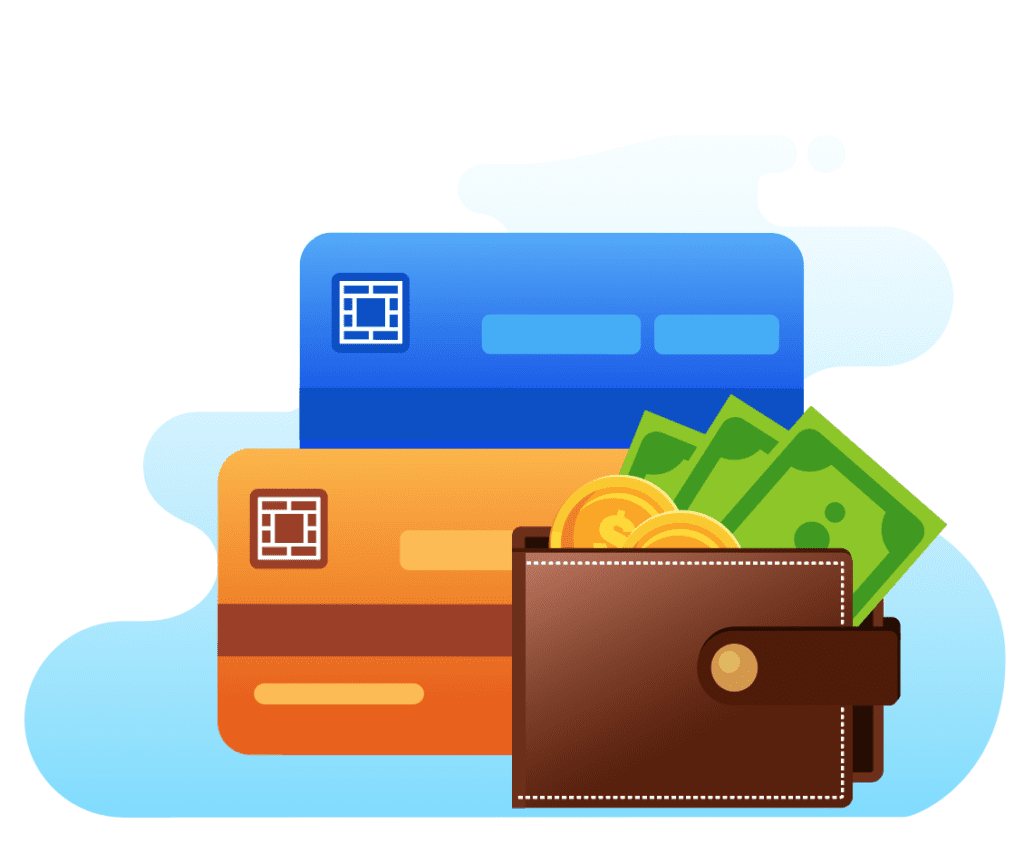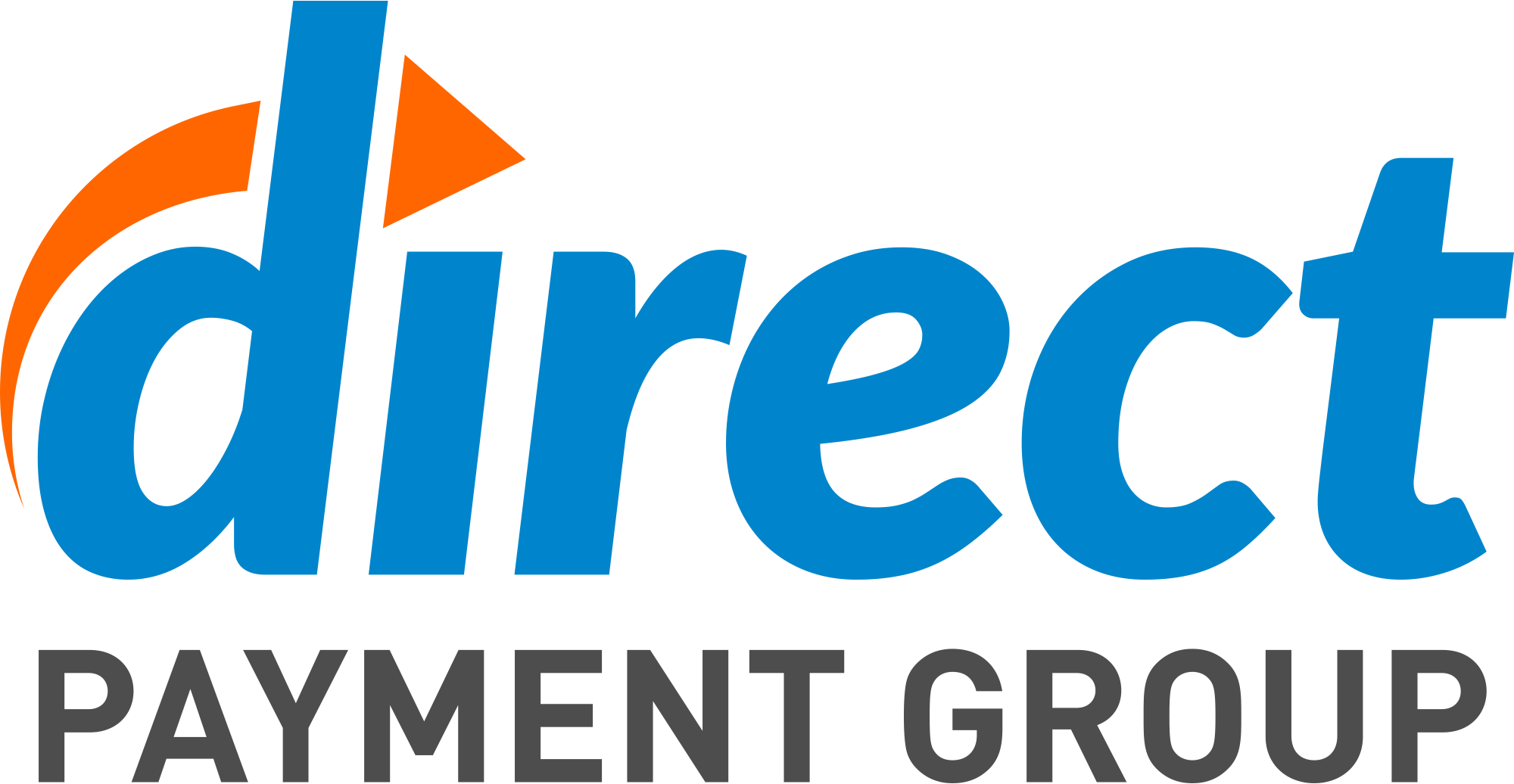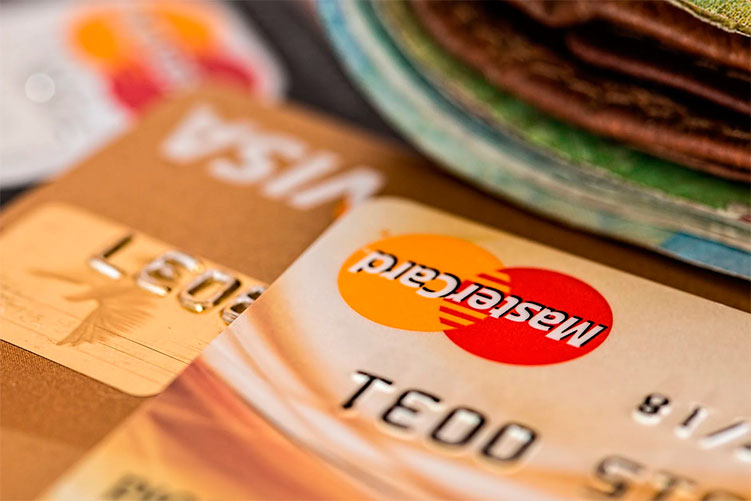What's Better? Paying Cash vs. Credit
“Cash vs Credit” is a tale as old as time. Well, not that old. But it’s been around for a while. It probably started a short time after credit cards gained popularity. The debate has only heated up as credit cards become more and more available.
Let’s dig in to it!
On the consumer side, there isn’t too much to worry about here. Most of your customers will use the method they prefer, or whichever is more convenient at the time of purchase. There are certainly reasons to stick to one over the other, though. And in the business world, both cash and credit have plenty of nuance to them.
While cash has become increasingly phased out, it still has it’s benefits. Without meaning to create a false dichotomy – you should accept both cash and credit if you can – these are the benefits of each side.

In The Right Corner: Cash
Cash is a classic, but it plays out a bit differently in 2020. When talking about cash, we’re of course also referring to ACH Payments, checks, and bank transfers, as well. If you have less money right after buying something, you are paying with cash.
Cash is especially relevant for low margin and low product cost businesses, where it’s the most likely to change hands. Accepting cash is simple and convenient for most in person purchases on the consumer side, which can help to reduce friction. especially in underbanked areas

Advantages for Your Customers
First, nearly every business accepts cash in some form. Cash also incurs no interest charges like a credit card, as long as you don’t overdraw your bank account. Many people find that tangible currency is easier to manage. It’s easier to count down from the amount of money you currently have than figure out how you’ll pay your bills in 30 days.
Advantages for Your Business
As a business owner, completing a large sale or getting paid on a project always comes with a bit more satisfaction if you get the full amount in your bank account. Cash gains a lot of momentum in the “cash vs credit” fight because of little to no transaction fees for accepting it as a payment. Cash also reduces a businesses exposure to disputes and chargebacks, which is welcome protection in the current landscape.
In The Left Corner: Credit Cards
Selling at scale is made easier with credit cards. Credit Cards should include debit cards, charge cards and corporate cards. Credit offers more flexibility and protection than cash, with some tradeoffs because of it. With prevalence mostly in well banked areas and all over the internet, understanding credit is important to surviving the current business world.
Advantages for Your Customers
Depending on the type of purchase, customers may utilize credit limits extended by their card issuers. People are rarely dipping into their credit limit for a cup of coffee, but there are plenty of purchases where this is more relevant. Credit cards can help a lot when your computer breaks, when the engine in your car won’t turn over, or if you’re upgrading equipment in your office.
Beyond that, credit cards have a few perks I think we all enjoy. Airline points, cashback rewards and status are a huge benefit of paying by credit card. Some card issuers even offer purchase protection in the event you’re not happy with your purchase. This is especially useful when buying products online or from new businesses.
Advantages for Your Business
One advantage the both customer and business owner benefit from is access to credit. The more your customer can spend, the more they can spend…with you.
While accepting payment by check is free, it can also take 2-3 business days for the funds to settle in your account after you deposit it. Deposits from card purchases can be in your account next day (depending on your service provider).
This is especially useful if you sell a service or a product with recurring billing. Imagine owning a gym and following up with members every month to pay their membership dues. Not fun!
Processing credit cards does incur fees beyond those for processing cash but are often a welcome trade-off. Most businesses categorize it as a cost of doing business.

The Verdict: Cash vs Credit
Cash and credit both have a bevy of benefits and don’t need to be exclusive to each other. Most physical businesses should accept both, and online businesses can consider accepting ACH Payments alongside credit cards.
Major pitfalls of cash are mostly related to the lack of flexibility and vulnerability, which credit cards cover. If an emergency should arise, being able to say “this money needs to go here first”, is a valuable ability. However, so is getting paid as soon as possible.
To say one or the other is empirically better for a business isn’t reasonable. For eCommerce and high risk businesses, you’ll want to go with credit. For low margin brick-and-mortar businesses, you’ll want to go with cash. It really comes down to which works for your cash flow and other needs. Stay tuned and follow us on Facebook and LinkedIn for some tips on how to get your customers to pay the way you want them to.




